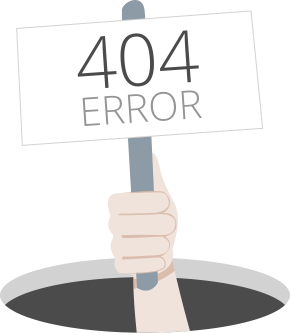- Trading
- Markets
- News
- Analysis
- Trading Tools
- Blog
Popular Articles
Popular Articles
Popular Articles
Popular Articles
Popular Articles
Popular Articles
Popular Articles
Popular Analysis
Popular Analysis
Popular Analysis
Popular Analysis
Popular Analysis
Risks Rise for Bitcoin, Gold, and Silver as Goldman Sachs Warns $80 Billion in Stock Selling
1770607584
Gold Prices Surge Amid Rising U.S.-Iran Tensions, Driving Safe-Haven Demand to New Heights
1770169193
Gold Recovers from Losses as Market Adjusts to Warsh's Fed Nomination and Easing Geopolitical Tensions
1770087876
Popular Analysis
Popular Analysis
Top Blog Posts
Top Blog Posts
Top Blog Posts
Top Blog Posts
Beginners
Mitrade Insights is dedicated to providing investors with rich, timely and most valuable financial information to help investors grasp the market situation and find timely trading opportunities.
2021
Best News & Analysis Provider
FxDailyInfo
2022
Best Forex Educational Resources Global
International Business Magazine




